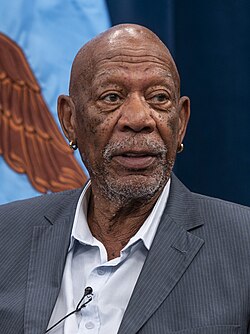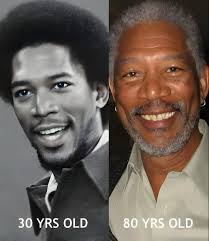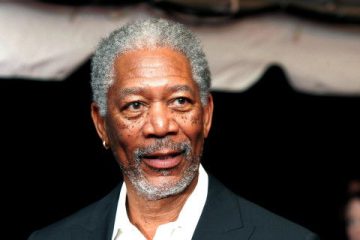The Life and Legacy of Morgan Freeman

Introduction
Morgan Freeman, a name synonymous with exceptional acting and powerful storytelling, has become a Hollywood icon over his illustrious career. His distinctive voice and commanding presence have captivated audiences around the world. From his humble beginnings to becoming one of the most respected actors in the industry, Freeman’s journey reflects not just talent but also perseverance and dedication. Given the current cultural landscape, Freeman’s contributions, both on and off-screen, remain profoundly relevant as society grapples with issues of representation and diversity in the arts.
Early Life and Education
Born on June 1, 1937, in Memphis, Tennessee, Freeman was raised in Chicago’s public housing projects. His early exposure to theatre during elementary school sparked a passion for acting. Freeman’s first major role was in a Chicago production of ‘The Royal Family’ while he was still in high school. He later attended Los Angeles City College, where he nurtured his performance skills, paving the way for his cinematic debut.
Breakthrough and Career Achievements
Freeman’s breakthrough came in the 1980s when he starred in the children’s television series ‘The Electric Company’ and then in films such as ‘Driving Miss Daisy’ and ‘Glory.’ His role in ‘The Shawshank Redemption’ (1994) solidified his status as a leading actor. Over the years, Freeman has received numerous accolades, including an Academy Award for Best Supporting Actor for ‘Million Dollar Baby’ (2005) and a Golden Globe Award for Best Actor for ‘Driving Miss Daisy’ (1990). His filmography boasts an eclectic range of genres, from drama and action to documentaries, showcasing his versatility.
Recent Work and Projects
In recent years, Freeman has continued to work prolifically, appearing in high-profile films such as ‘The Hitman’s Bodyguard’ and ‘Angel Has Fallen.’ In addition to acting, Freeman has undertaken projects that reflect his commitment to social issues, such as environmental conservation and racial equality. In 2021, he narrated the documentary series ‘The Story of Us,’ further highlighting his interest in impactful storytelling that resonates with current societal themes.
Conclusion
Morgan Freeman’s journey from a young boy in Memphis to a Hollywood legend represents a tapestry of determination, talent, and advocacy. As he continues to evolve as an actor and filmmaker, Freeman’s work remains important in promoting diversity and representation in film. Looking ahead, audiences can expect to see even more from him, not only as a performer but as a storyteller who champions the causes that matter. His legacy will undoubtedly inspire future generations of actors and filmmakers to pursue their dreams and advocate for change.








